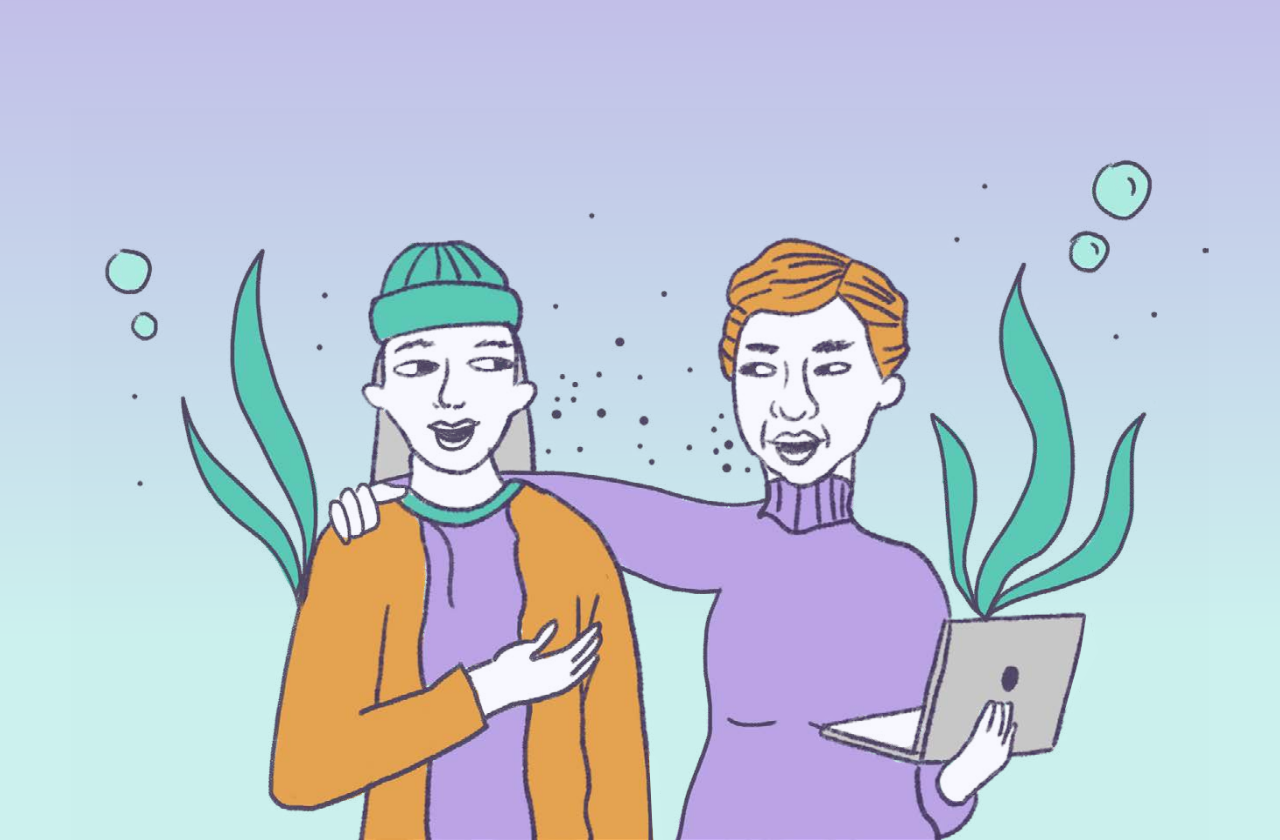DDP is adopting a new leadership model to push forward its 2024-2027 Strategic Plan.
DDP’s vision of co-leadership is linked to a strategic evolution that seeks to centre feminism and decolonisation. According to this perspective, the new co-leaders and those in the coordination team must share and sustain power.
Power has been studied from different approaches and is generally understood as a unidirectional force and a form of control: Individuals’ capacity to control others’ actions and opportunities. Over time, it has become clear that power is also reflected in the ability of individuals not only to control but also to decide, shape and influence at:
- Who does what? This is about the distribution of labour and work essential for societies to survive. Understanding labour in productive (working in a place or for someone) and reproductive (housework, child care, etc.) ways.
- Who gets what? This is about resources and how opportunities, rights, and privileges are distributed in a society.
- Who decides what? This is about the distribution of decision-making power in the different spaces in which we live and the institutions that govern our societies.
- Who sets the agenda? It is about the power to decide what is important and what is not, what can and cannot be discussed, what matters and what does not.
In our 2024-2027 strategic period, we envision a co-leadership structure that shares the responsibilities and accountability of the programme manager between two people who are jointly responsible for certain tasks but can lead those responsible for managing and implementing the programme.
Being cognisant of the burden that this role exalted from one person, we anticipate that the new DRACI will help redistribute tasks, responsibilities and power in a way that aligns with care, accountability, and collective ownership. This will not only decentralise and distribute power in the major areas, but we also envisage it will foster active and constant dialogue between the co-leaders and active listening processes in decision-making.
Based on the above, as DDP, we have divided the duties and responsibilities for Co-leads into the following areas:
Co-Lead 1
- Working Culture Management
- Safety and Security
- Budget
Co-Lead 2
- Donor Management
- Operations
- DMEAL
The proposed co-leadership model proposes that co-leaders do not distribute the role only based on previous experience but that it is a space to develop new abilities for team management and organisational sustainability. It is a call for creativity and experimentation with new challenges.

